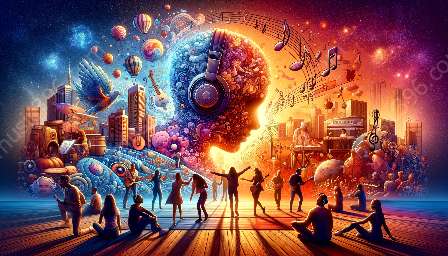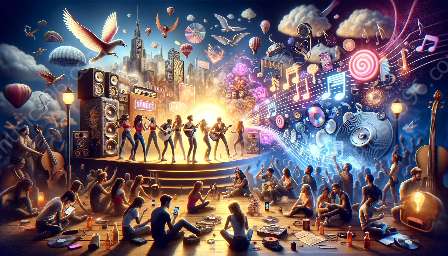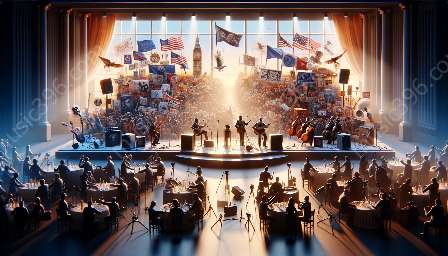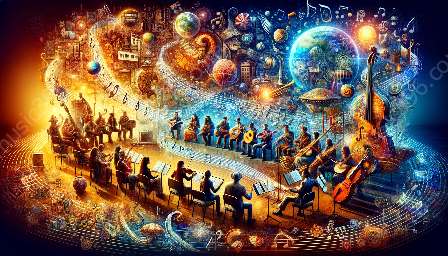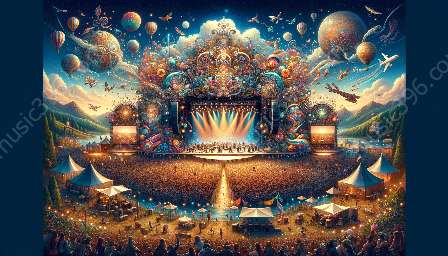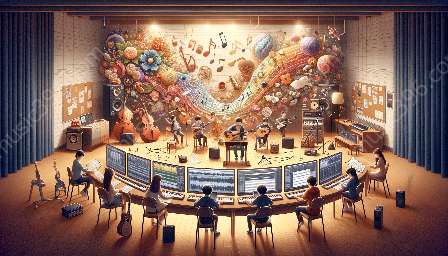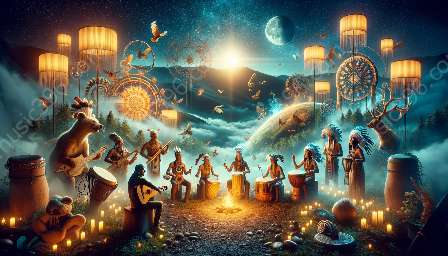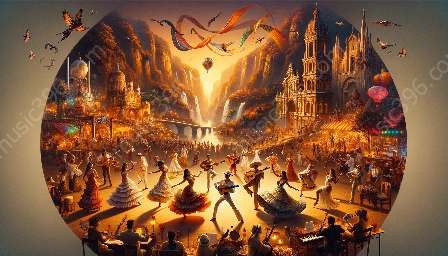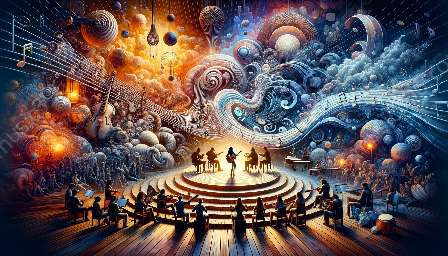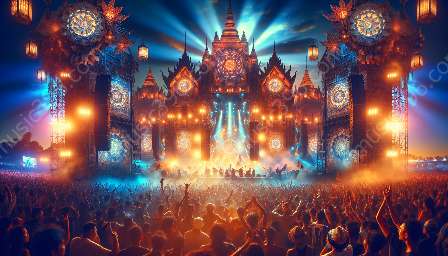Introduction
Music has long been recognized as a powerful medium for expressing dissent, challenging social norms, and advocating for change. In this topic cluster, we will delve into the diverse ways in which music serves as a form of social protest, encompassing various music genres and cultural contexts.
Music Genres and Culture
Music as a form of social protest is not limited to a specific genre or cultural space. In fact, it spans a wide range of musical genres, from folk and rock to hip-hop and reggae, and permeates various cultural contexts across the globe. Each genre and culture brings its unique perspectives and experiences, shaping the ways in which music is used to challenge societal injustices and advocate for change.
Folk Music and Social Activism
Folk music has a rich history of serving as a vehicle for social protest. From the American civil rights movement to anti-war demonstrations, folk musicians such as Pete Seeger, Woody Guthrie, and Joan Baez used their music to voice opposition to social and political injustices. Their songs became anthems for movements, galvanizing communities and inspiring change.
Rock Music and Rebellion
Rock music has often been associated with rebellion and countercultural movements. Bands like The Beatles, The Rolling Stones, and Bob Dylan infused their music with social and political commentary, inspiring a generation to question authority and demand societal change. Rock concerts and music festivals became platforms for social activism and dissent.
Hip-Hop and Urban Protest
Hip-hop emerged as a powerful form of social protest in urban environments, giving voice to marginalized communities and shedding light on issues such as police brutality, systemic racism, and economic disparities. Artists like Tupac Shakur, Public Enemy, and N.W.A used their music to challenge societal norms and advocate for justice, influencing a new generation of activists.
Reggae and Resistance
Rooted in Jamaica, reggae music has been a potent force for social and political resistance. Icons like Bob Marley and Peter Tosh incorporated themes of oppression, liberation, and unity into their music, spreading messages of solidarity and rebellion. Reggae's global reach made it a symbol of protest against oppression and colonization.
Music and Culture
Music is deeply intertwined with culture, reflecting the values, beliefs, and struggles of a society. As a form of social protest, music not only mirrors societal injustices but also serves as a catalyst for change within different cultural contexts. Whether in the form of protest songs, anthems, or musical movements, the impact of music on culture and society is profound.
Impact on Society and Culture
The influence of music as a form of social protest extends beyond mere entertainment; it has the power to spark conversations, mobilize communities, and shape cultural narratives. Through lyrics, melodies, and performances, musicians have the capacity to challenge the status quo, amplify marginalized voices, and ignite movements for social justice and equality.
Conclusion
Music serves as a universal language for social protest, transcending boundaries of genre and culture. Its ability to convey messages of resistance, resilience, and hope has made it an indispensable tool for advocating for change and shaping the cultural landscape. By exploring the intersection of music, social protest, and culture, we can gain a deeper understanding of the transformative power of music in challenging injustice and fostering social change.



